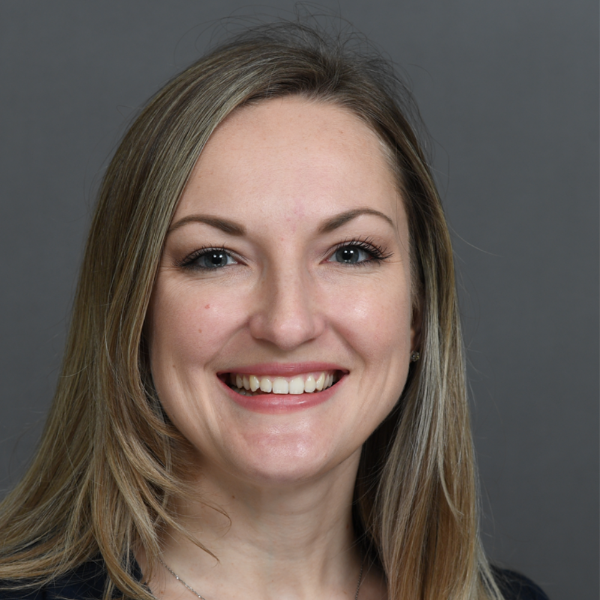
Integrated Ph.D. Program (IPP)
General Format
The IPP provides the most direct route to a Ph.D. in the GSBMS. In this program, you will enter the GSBMS without initially declaring an academic discipline. You’ll gain exposure to our different program areas—such as biochemistry and molecular biology, cell biology, microbiology and immunology, pathology, pharmacology, and physiology—before choosing the one you wish to pursue for your Ph.D. degree.
Financial Support
Ph.D. students receive a full tuition scholarship, stipend, and health benefits from the GSBMS.
Integrated Ph.D. Curriculum
You'll get started with the foundational core curriculum that every Ph.D. student will need, regardless of their track. You'll learn the principles of biochemistry and cell biology, as well as how to conduct rigorous biomedical research and statistical analysis. You'll also have the opportunity to take electives in areas like mammalian physiology, microbiology, and gene expression.
While taking your core courses, you'll explore three laboratory research rotations. With the experience gained in these labs, you'll be ready to choose your specialized discipline. For detailed information on the goals and coursework in each separate discipline, visit the respective program page:
Ph.D. Degree Timeline
Year 1
Students take a common set of courses (the core curriculum) in the fall, spring and summer semesters, along with elective course options that may differ for each student.
First-year students also participate in three different laboratory rotations – one in each academic term.
Year 2
Students continue formal coursework towards an overall minimum of 32 didactic (i.e., letter-graded) credits. This includes both core and program-specific requirements and electives. Coursework should be complete or very nearly complete by the end of the second year.
Students begin working in their dissertation laboratory and form an advisory committee.
At the end of the second year, many students attempt to pass a qualifying exam that tests the student’s integrated knowledge of the core curriculum and the discipline-based curriculum. (Students in some programs, such as Pharmacology, take these exams at the end of the fall term of the third year.)
Year 3
During the third year, the student presents a formal dissertation proposal to the dissertation advisory committee.
The student is required to engage in an approved teaching activity at least once during their enrollment in the program. Students may undertake various approved teaching activities within the GSBMS, other academic units of NYMC, or academic institutions external to NYMC.
Year 4
The student keeps the dissertation committee apprised of the progress of the research project and, when its major goals and objectives are achieved, the student writes a scholarly dissertation on the work and defends it publicly before the faculty and scientific community of the College.
Most students complete their Ph.D. requirements in five to six years.
Contact

Tetyana Cheairs (Kobets), M.D., M.S.P.H.
- tetyana_kobets@nymc.edu
- (914) 594-3105

